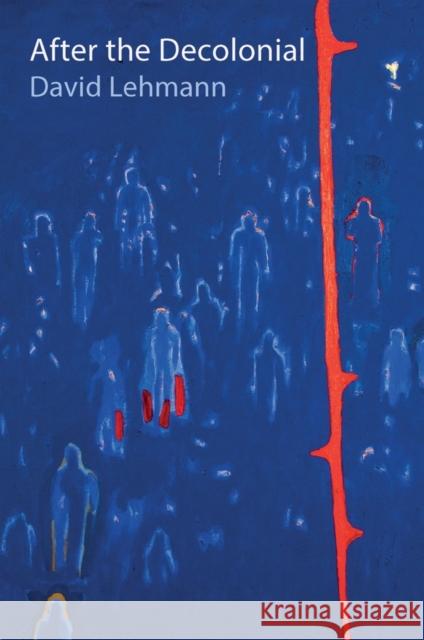After the Decolonial: Ethnicity, Gender and Social Justice in Latin America » książka
topmenu
After the Decolonial: Ethnicity, Gender and Social Justice in Latin America
ISBN-13: 9781509537532 / Angielski / Miękka / 2022 / 252 str.
After the Decolonial: Ethnicity, Gender and Social Justice in Latin America
ISBN-13: 9781509537532 / Angielski / Miękka / 2022 / 252 str.
cena 92,18
(netto: 87,79 VAT: 5%)
Najniższa cena z 30 dni: 91,42
(netto: 87,79 VAT: 5%)
Najniższa cena z 30 dni: 91,42
Termin realizacji zamówienia:
ok. 30 dni roboczych.
ok. 30 dni roboczych.
Darmowa dostawa!
Kategorie BISAC:
Wydawca:
Polity Press
Język:
Angielski
ISBN-13:
9781509537532
Rok wydania:
2022
Ilość stron:
252
Waga:
0.38 kg
Wymiary:
22.81 x 15.19 x 2.21
Oprawa:
Miękka
Wolumenów:
01
Dodatkowe informacje:
Bibliografia











